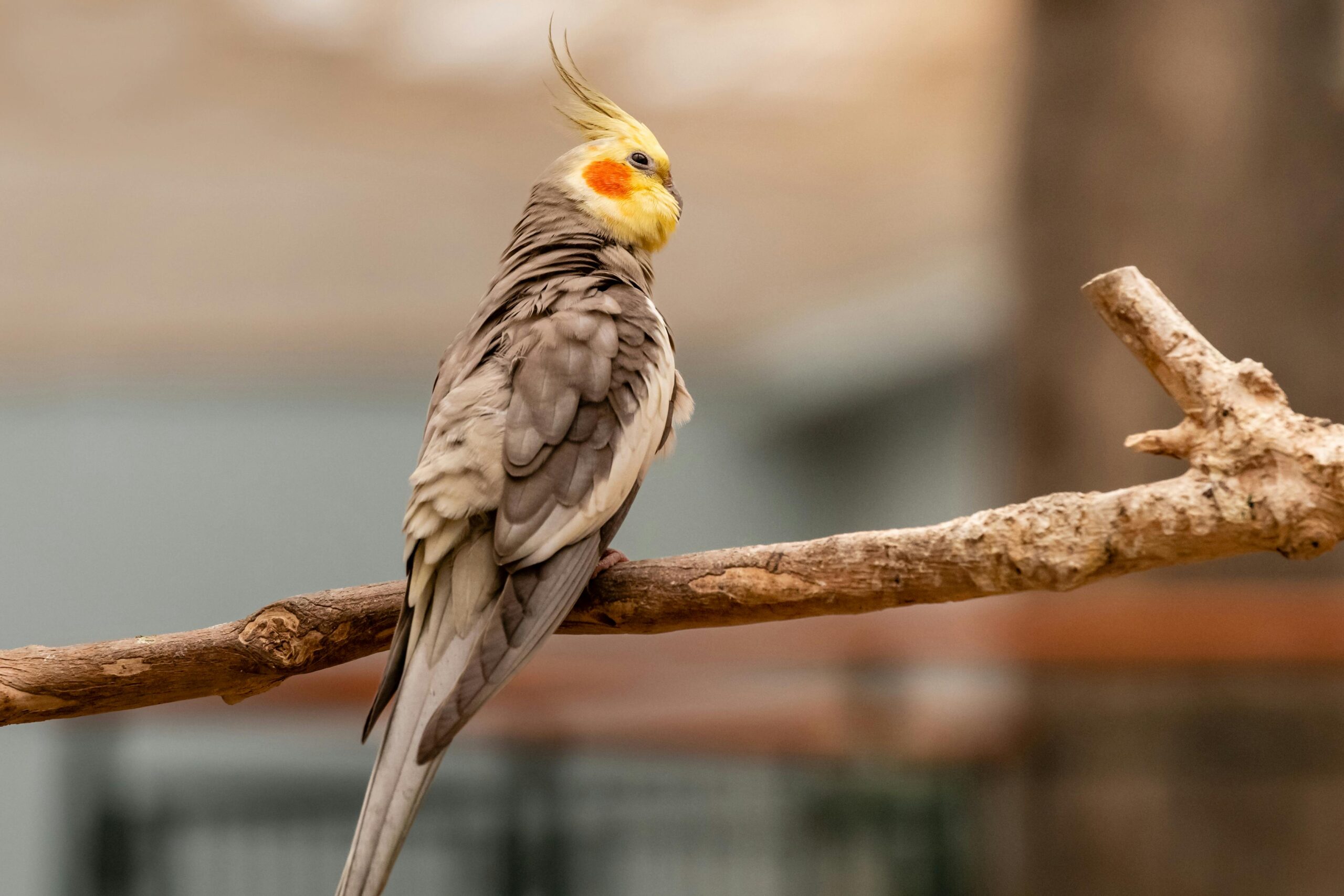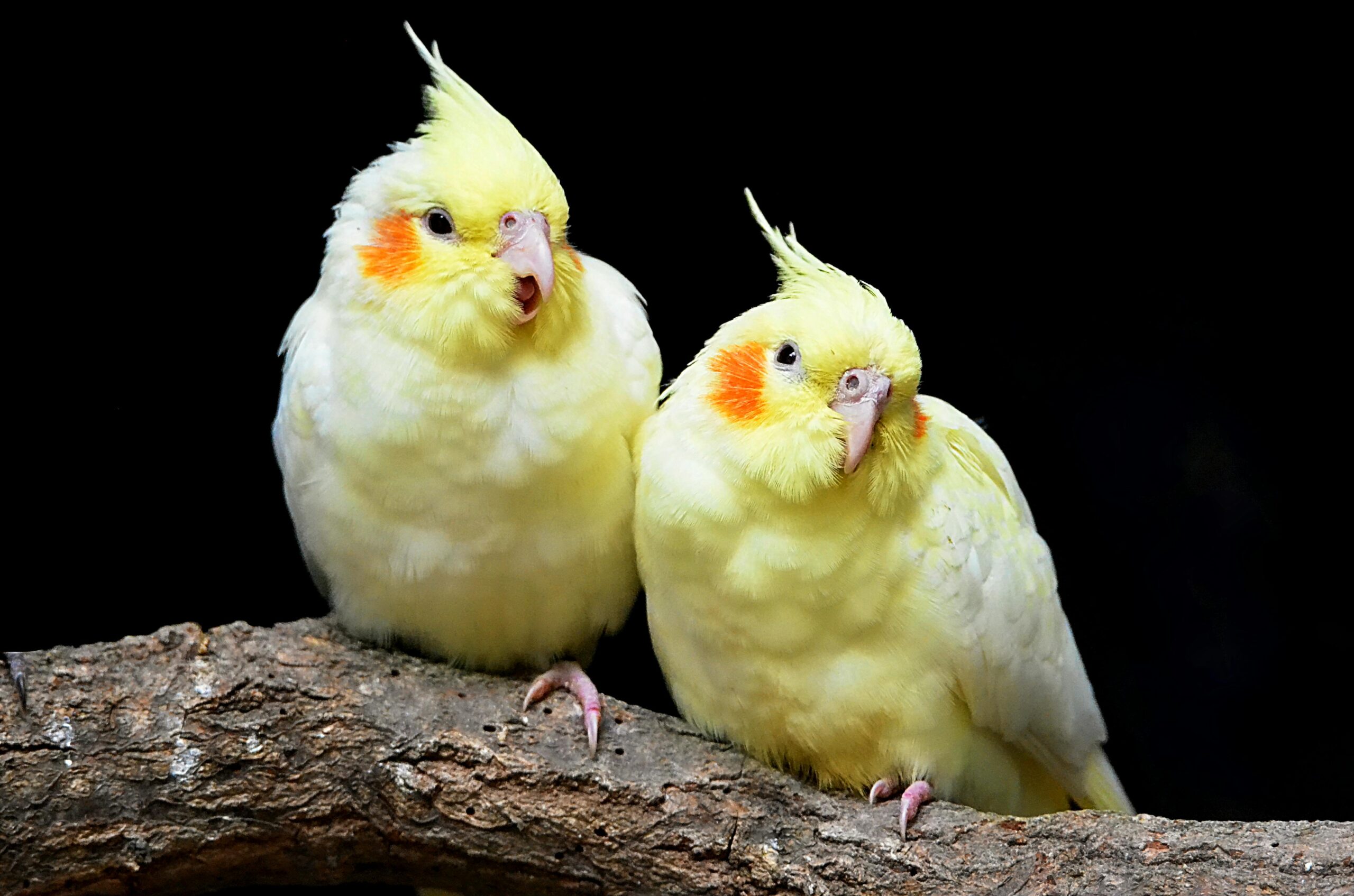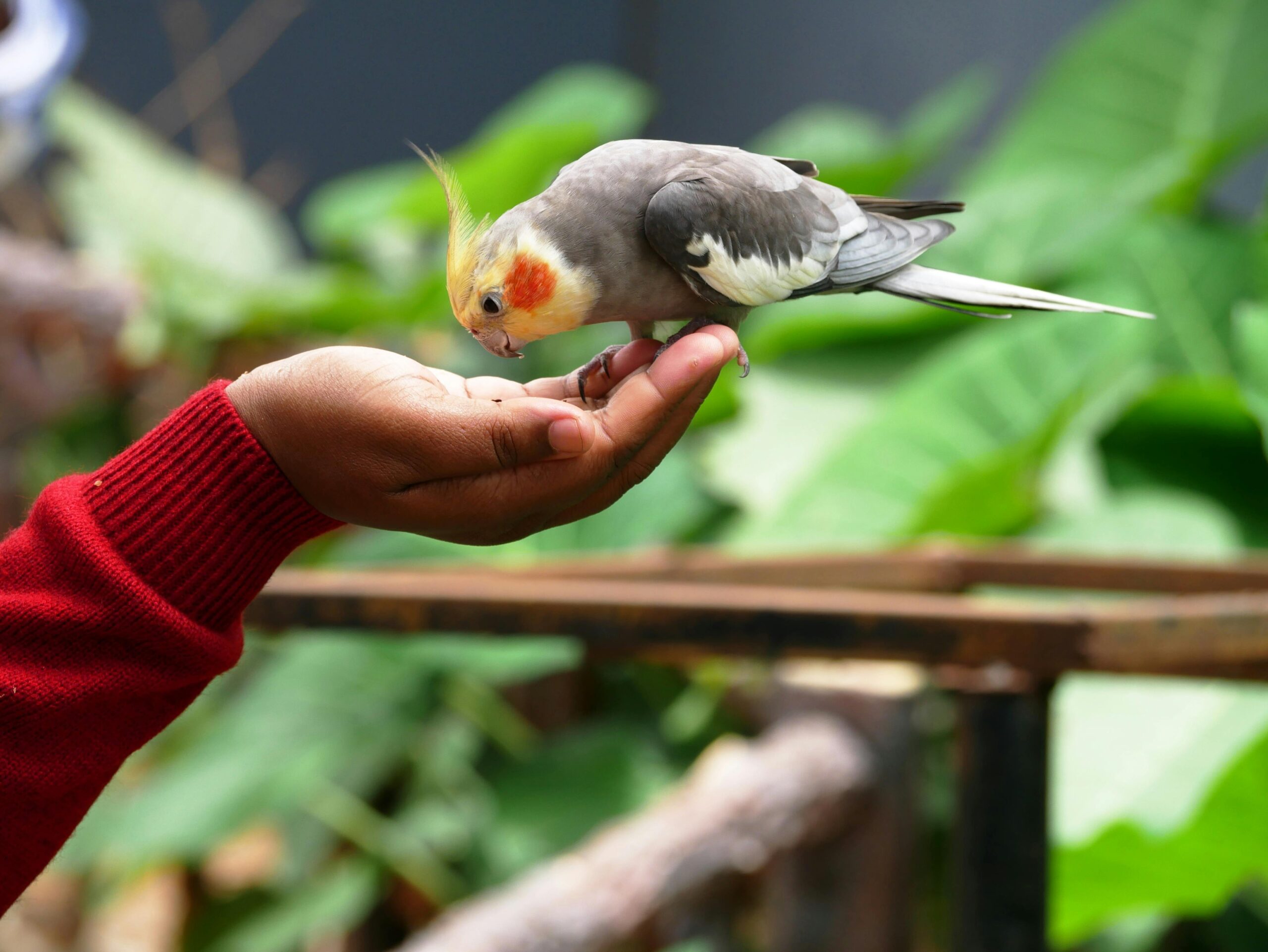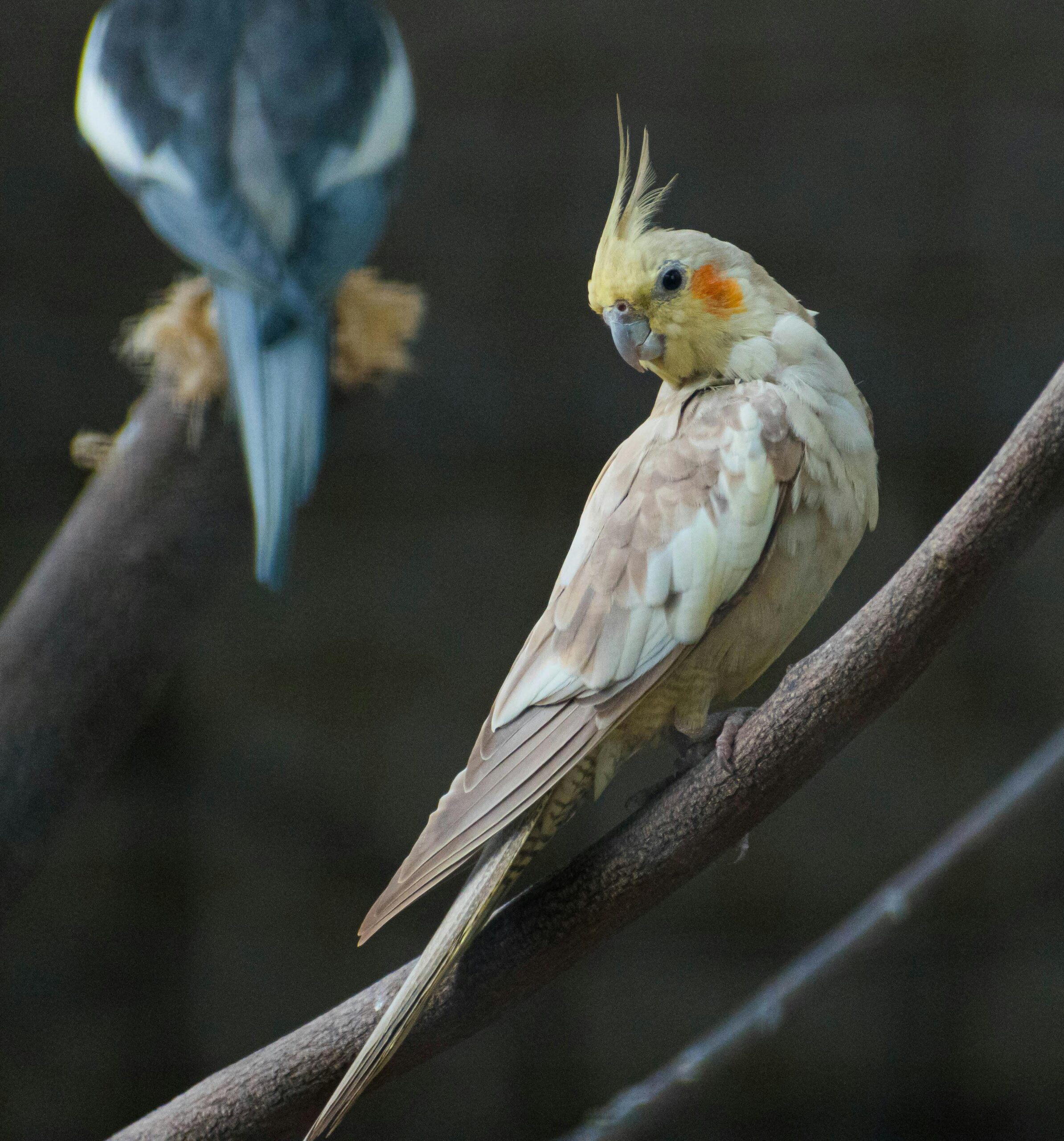Cockatiels are as beautiful as they are beloved. These majestic creatures have graced countless homes with their charm, unique personalities, and distinct crests that can be majestic or entirely comical, depending on mood. However, their striking features and friendly natures can only impact your life if they are in it for the long haul. This comprehensive guide is dedicated to helping you understand what it takes to give your cockatiel the best shot at a long and healthy life, diving into factors that influence their lifespan and providing actionable tips for pet bird owners.
Factors Affecting Cockatiel Lifespan
When considering how to ensure a long and healthy life for your cockatiel, it’s crucial to understand the factors that can extend or reduce their lifespan.
Genetics and Breed
Like any other living being, Cockatiels have a genetic component to their lifespan. While it’s not something you can control, understanding your bird’s breed and its associated health considerations is a good starting point. Generally, common genetic influences include predispositions to certain diseases and inherited health conditions that can either shorten or lengthen a cockatiel’s life.
Diet and Nutrition
The most significant factor you can control is your cockatiel’s diet. A high-quality, nutritionally balanced diet is essential for overall health and longevity. Implementing a regimen that includes a mix of seeds, pellets, fresh fruits, and vegetables, along with supplements as recommended, can significantly impact your bird’s vitality and lifespan.
Environment and Housing
The environment in which your cockatiel lives also plays a significant role. From the placement of their cage within your home to the presence of toxins or hazards, the environment can subject your pet bird to stress and illness. Proper air quality, comfortable temperatures, and spaces to retreat and feel safe are non-negotiables.
Veterinary Care and Health Maintenance
Regular check-ups with an avian veterinarian are vital to detecting and addressing health issues early. Cockatiels are good at hiding their illnesses, so professional oversight is essential to maintaining their wellbeing. Vaccinations for birds that require them and routine care such as beak and nail trims are also crucial.
Exercise and Mental Stimulation
Engaging your cockatiel in physical exercise and providing mental stimulation through play, training, and interaction forms the foundation of a healthy bird. Without these, your cockatiel may become overweight, stressed, and susceptible to various health problems.
Tips for Extending Cockatiel Lifespan
Now that we’ve explored the factors let’s delve into practical ways to extend the lifespan of your cockatiel.
Balanced Diet Recommendations
- Variety: Offer a diverse diet to ensure your bird gets all its nutrients. This can include high-quality bird pellets, a variety of seeds, and fresh vegetables and fruits. Ensure the correct balance, as too much of a good thing can be harmful.
- Calcium Needs: Cockatiels need a calcium-rich diet to prevent egg-binding in females. This is especially important, as a calcium-deficient diet can lead to egg binding, a potentially fatal condition.
- Vitamin A: Vitamin A is essential for cockatiels’ vision. Dark leafy greens and orange vegetables are excellent sources and should be a staple in their diet.
- Hydration: Ensure your bird has access to clean water at all times. Spraying fresh water on your bird’s vegetables can encourage them to hydrate.
Cage and Environmental Enrichment
- Appropriate Size: A cage should be large enough for your pet bird to fly and exercise, typically a minimum of 20 inches in length, width, and height.
- Toys and Perches: Offer a variety of toy types and natural wood perches to keep things exciting and to encourage physical activity. Rotate toys every few weeks to prevent boredom.
- Environment Imitation: Mimic their natural environment to reduce stress. Providing non-toxic plants can improve air quality and reduce stress.
- Regular Cleaning: A clean cage is vital for your bird’s health. Regularly clean the cage and wash the toys to avoid bacteria and fungus growth that can lead to respiratory issues.
Regular Veterinary Check-ups
- Finding an Avian Vet: Ensure you have the contact details of a reputable avian vet. Regular check-ups can catch health issues early, offering a better prognosis.
- Signs of Illness: Familiarize yourself with the common signs of illness in cockatiels, such as sitting fluffed up, changes in droppings, and reduced activity.
- Annual Exam: Schedule annual exams, even if your bird appears healthy. Preventative care is often more effective and less costly than treating a significant health issue.
Importance of Exercise and Socialization
- Daily Out-of-Cage Time: Let your cockatiel out of its cage for daily exercise and social interaction. Time spent flying not only encourages fitness but also provides mental stimulation.
- Cockatiel Companionship: If feasible, pair your cockatiel with another bird for social interaction. However, constantly monitor their relationship — not all birds get along.
- Training and Play: Spend time training and playing with your cockatiel. They are intelligent birds that crave mental stimulation and companionship.
Common Health Issues and Prevention
- Respiratory Problems: Cockatiels are susceptible to respiratory issues. Keep them away from drafts and cigarette smoke.
- Psittacosis: An infectious disease that cockatiels can carry, so annual testing is recommended.
- Preening and Grooming: Consideration should be given to the products you use around your bird to help prevent exposure to toxic substances.
Conclusion
Your cockatiel can be a valuable part of your family for many years. By understanding and actively addressing the factors that influence their lifespan, you can promote your feathered friend’s long and fulfilling life. Whether through proper nutrition, a stimulating living environment, regular vet care, or social interaction, each factor contributes to their overall health and wellbeing. wellbeingention to these elements, you can ensure that your cockatiel’s crest will remain a vibrant symbol of joy and happiness in your home for years.



